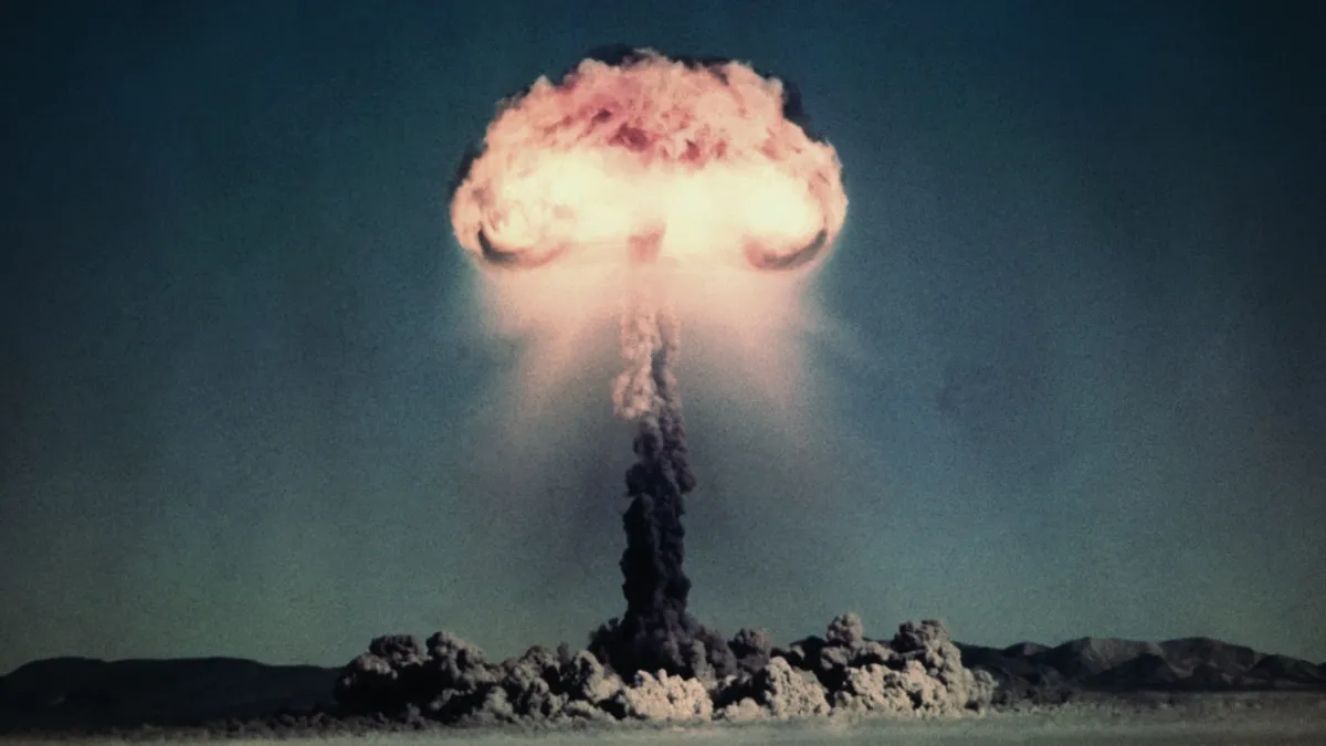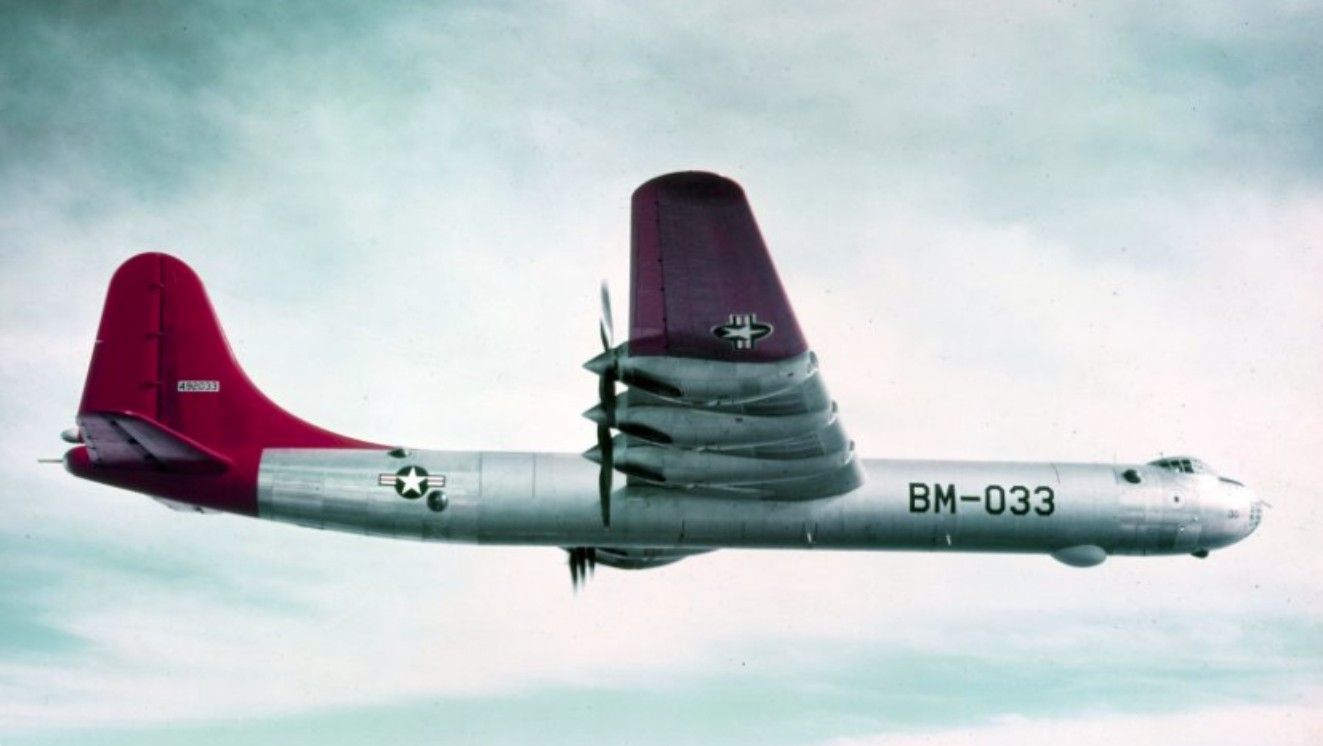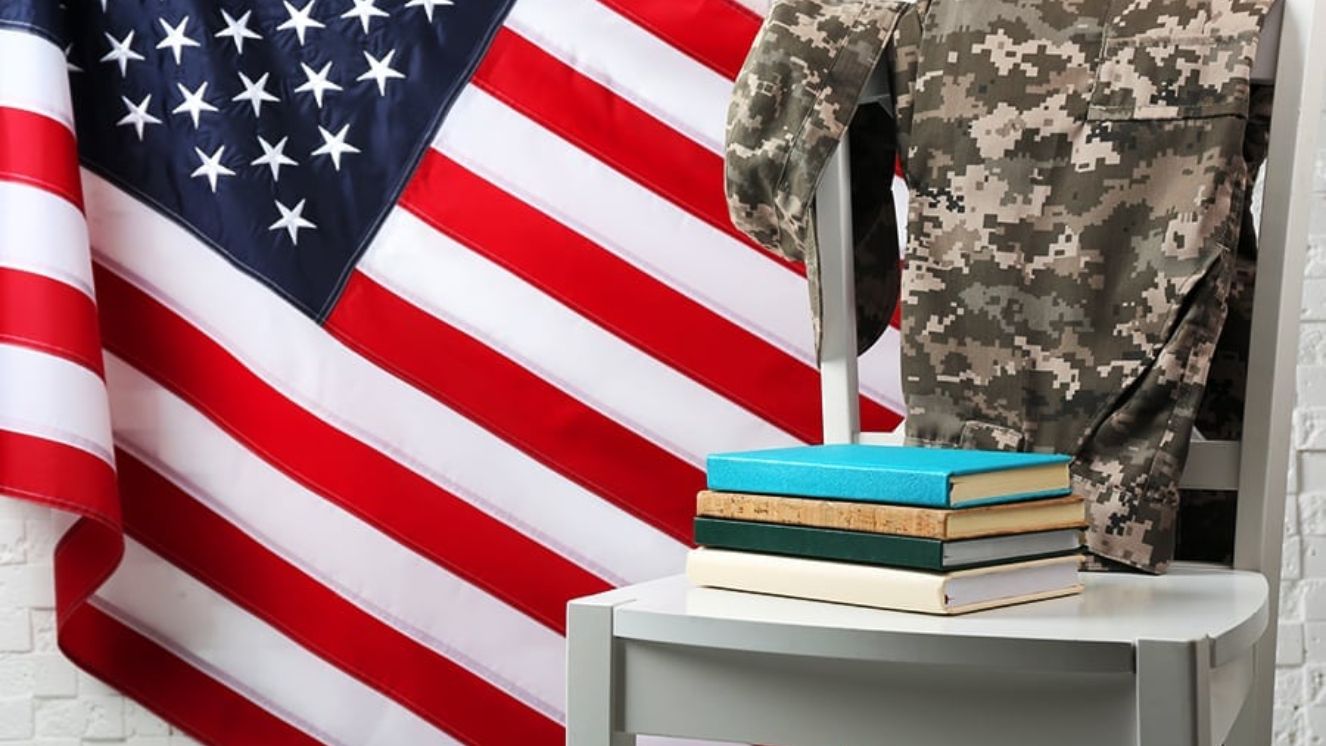ARMY OVERTURNS CONVICTIONS DURING HOUSTON RIOT OF 1917

The Army has overturned the convictions of 110 Black Soldiers charged with being responsible for the Houston riot of 1917 after World War I. The overturn follows a lengthy review curated by the Army Board for Correction of Military Records. The Soldiers, known as the "Buffalo Soldiers," received wrongful treatment and unfair judgement due to their race, according to Secretary of the Army Christine Wormuth.Suggested read: The US Army Natick Soldier Systems Center Feeds Our Warfighters
Events Leading Up to the Houston Riot of 1917
Houston 1917 was an interesting time for the city, not only for the Houstonians but also for the entire nation. This was due to the entrance to WWI. It was during this time that the War Department promptly ordered military installations in Harris County, Camp Logan, and Ellington Field. To guard the construction site, the Army ordered the Third Battalion of the Black Twenty-fourth United States Infantry to Houston. The 24th Infantry Regiment then got the nickname the "Buffalo Soldiers." However, once they entered the city, they would experience racial discrimination. From racial slurs being thrown at them at Camp Logan by white labourers, to having to stand separately from the white section on streetcars - tensions were rising.
August 13th Is the Date of the Houston Riot
At noon on the day of the 1917 Houston riot, two Houston police officers harassed a Black military policeman, Cpl. Charles Baltimore. Upon hearing the news of Baltimore's physical harassment, the Black Soldiers at Camp Logan would march with outrage in a mass of 100 into the city.The conflict escalated quickly, with numerous shootings and people injured. Following the riots, 19 of the Buffalo Soldiers were hung. This makes it the largest mass execution of American Soldiers by the Army. Interested in learning more about the Houston Riot of 1917? Be sure to read "The 24th." It tells the story through the eyes of Corporal William Boston. Related read: Andersonville Was the Largest, Deadliest Civil War POW Prison
The Charges of the Houston Riots
The charges following the Houston Riot of 1917 was the conviction of 110 Soldiers. According to historians, the processes following the convictions were highly irregular. However, the Army has now overturned the charges. In addition, they are correcting military records claiming that the officers who were not reinstated for duty were honorable discharged.Furthermore, they are giving the Soldiers proper gravestones honoring their service. Moreover, a system has been established to compensate family members of the Soldiers, ensuring them benefits that were denied for too long.
Lessons From the Houston Riots 1917
This historic overturn of the charges of the Houston riots acknowledges the unfairness of the trials, and that their misinterpretation was due to racism. Many descendants of the Soldiers who died in the Houston Riot of 1917 have expressed their gratitude for the acknowledgement of their family members' service. At the ceremony commemorating the decision, Private Hawkins's nephew spoke. He told those in attendance about a letter that Hawkins wrote to his parents before he was hung. In this letter, he was expressing innocence claiming, "It's God's will that I go now and in this way." Charles Anderson, a distant relative of Sgt. William Nesbit, later stated at the ceremony, "This day, in some small way, reflects the progress that we have made as a nation since these men were interred here." Read next: Why Did the Buffalo Soldiers Bike Across the Country in 1897?
BY URMI VALLASSERY
Urmi Vallassery is a Contributing Writer at VeteranLife.com.
Urmi Vallassery is a Contributing Writer at VeteranLife.com.



